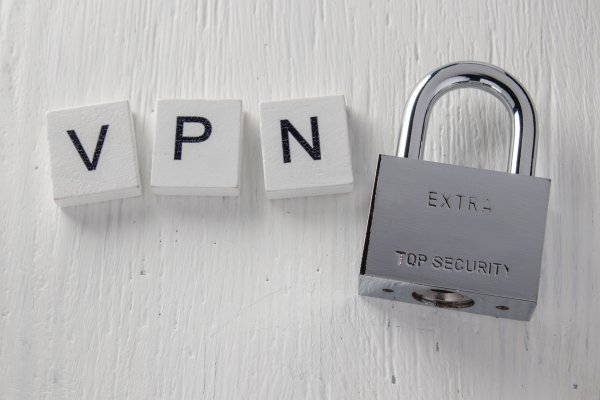Connecting through a virtual private network (VPN) is definitely a good move in this day and age when internet is part of our daily life. There are so many dangers lurking online that you can never be to careful in terms of protection tools.
Virtual private networks are great for a lot of things. Their main benefit is the fact that they encrypt your data so that hackers can’t use it even if somehow they manage to get access to it. You should especially use a VPN when you are connecting to unsafe public WiFi networks, because that’s when you are exposed the most.
When you are using a VPN to connect to the internet, you can choose between a large number of servers provided by the VPN service. Those servers are spread all over the world and you can connect through any of them, changing your IP address and making it look like you are located in a different place than in reality. For instance, you can be in Germany and make it look like you are in Seattle, Tokyo and so on.
But the benefits of using a VPN go beyond security. A lot of people use them to unlock geo-restricted content and get access to sites like Netflix and many others.
VPNs are also a great way to keep your anonymity when you are sharing files and using torrents. Torrenting is not exactly seen in a good light by most countries and a VPN can hide your real location, thus protecting your privacy.
Is it worth paying for a VPN or can you do just fine with a free VPN service?
Most reputable VPN providers are paid services. That means you have to subscribe to a monthly plan and pay for the subscription. However, there are a lot of free VPN providers out there too, which makes you wonder: why should you pay for one when you can sign up for a free service instead? Well, here are a couple of reasons why:
- Free VPNs usually come with a lot of limitations. You can’t enjoy unlimited bandwidth, instead you get a monthly limit, in some cases even a daily one. That means you have to be very careful how many MB you eat up while streaming, torrenting and so on. Another limitation found in most free VPN is in the number of servers available for the free plan. While most providers have hundreds, even thousands of servers all over the globe, users who sign up for free plans can only have access to a small number of them
- Another downside of free VPNs is log policy and privacy. A lot of providers keep logs on their users or even sell your personal data to third-parties
- Slow speed. All VPNs slow down your connection more or less and free VPNs are usually the worst in that regard. One of the reasons why is the fact that users only have access to a small number of servers with the free plan, which means those servers will quickly get overcrowded and sluggish because everyone is going to use them
- Security is another issue with some free VPNs. The paramount function of a VPN should be to keep your identity and data protected from malware, viruses and all sorts of online threats. However, free VPNs usually use less secure protocols with weaker encryption
While all these issues are a reality with a lot of free VPN services out there, still, there are some free trust-worthy providers to consider. A few examples are Windscribe, TunnelBear, ProtonVPN and others.





